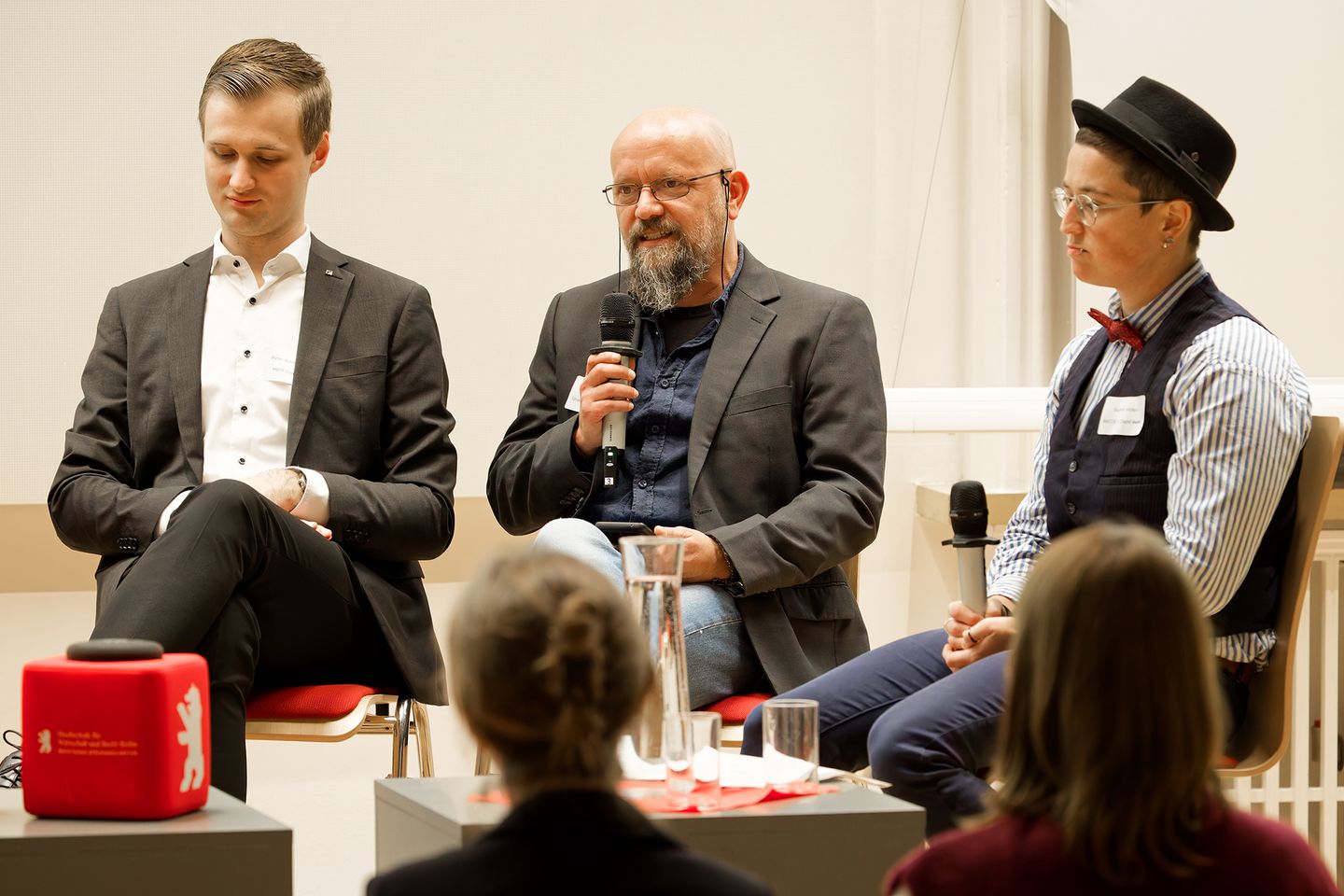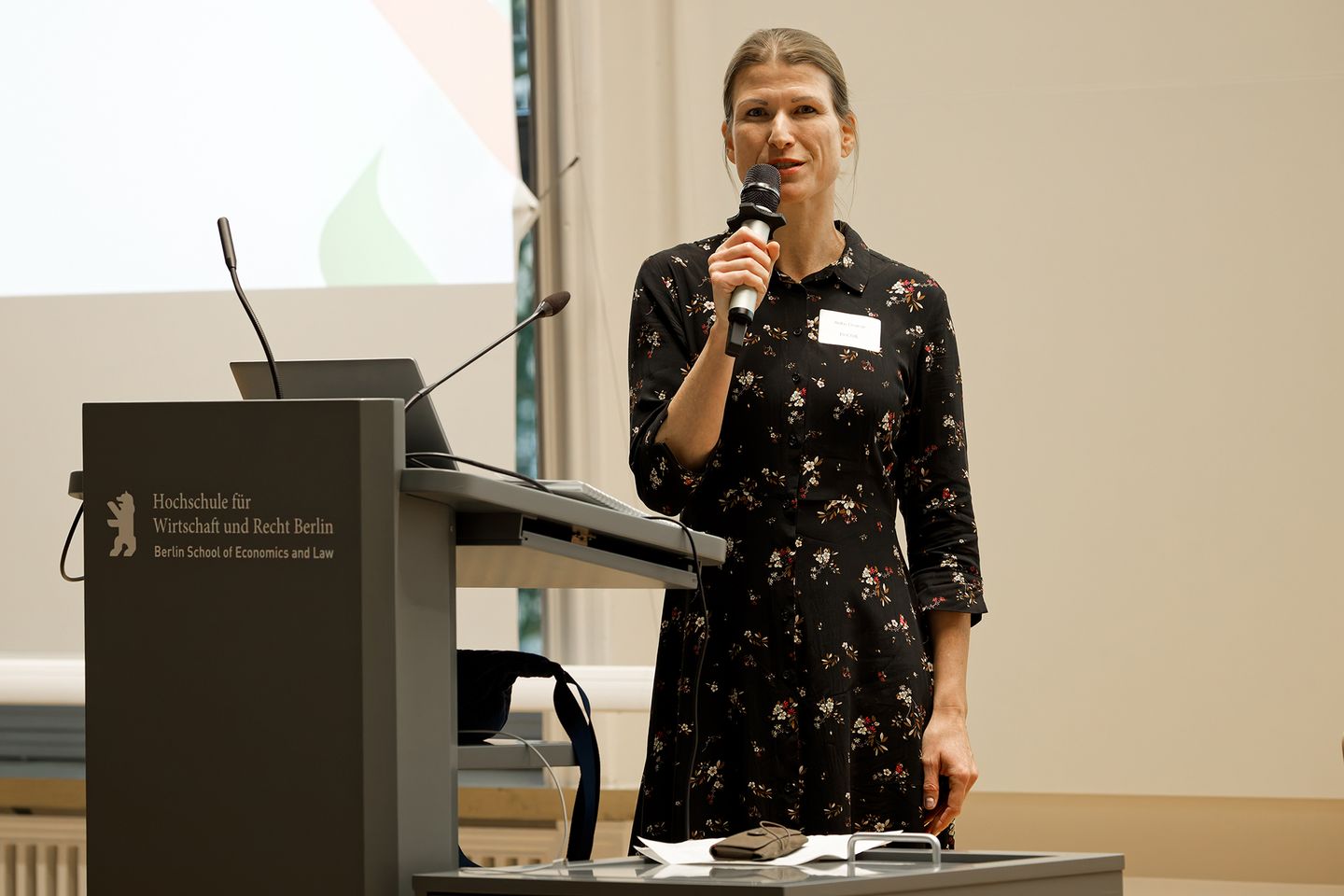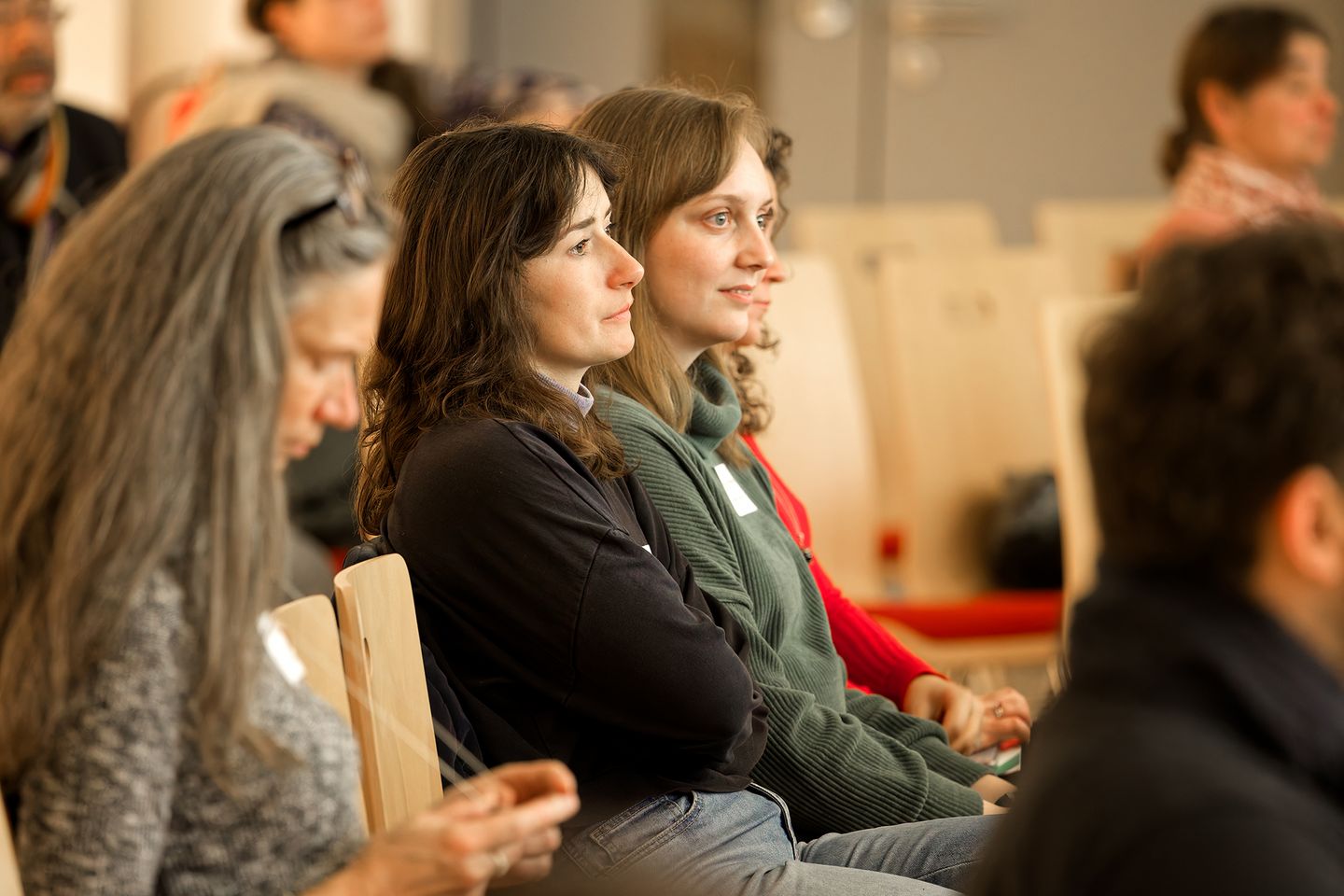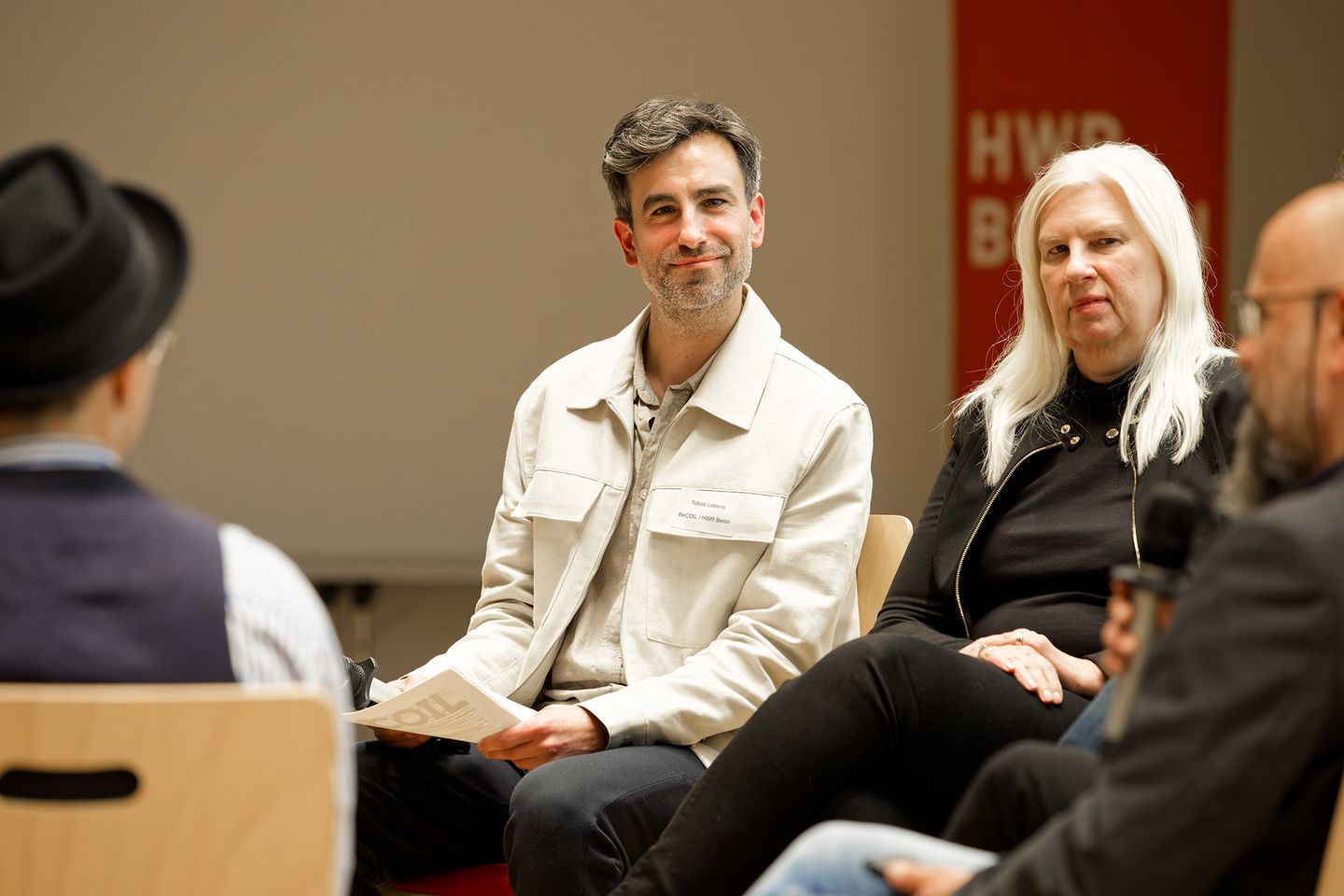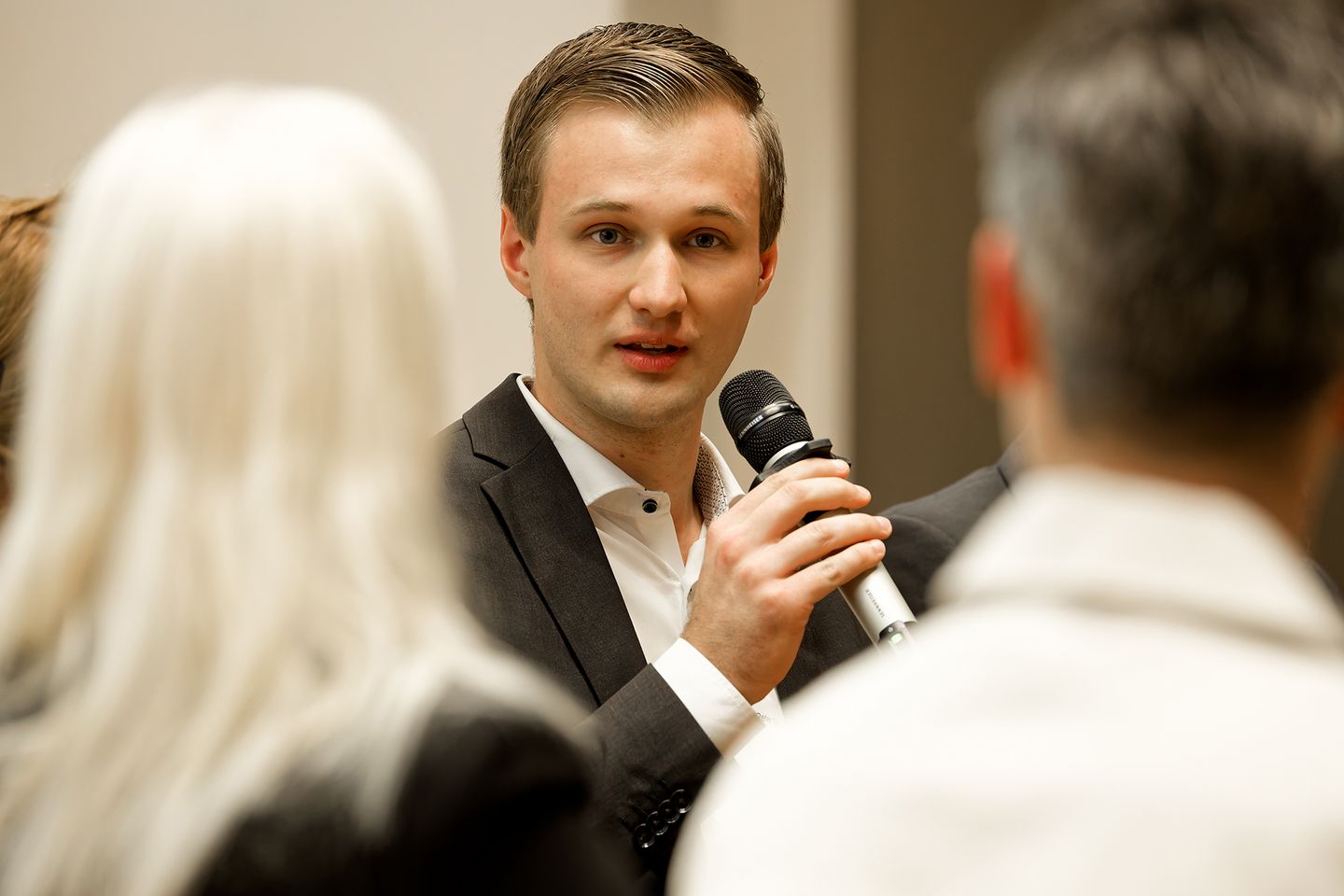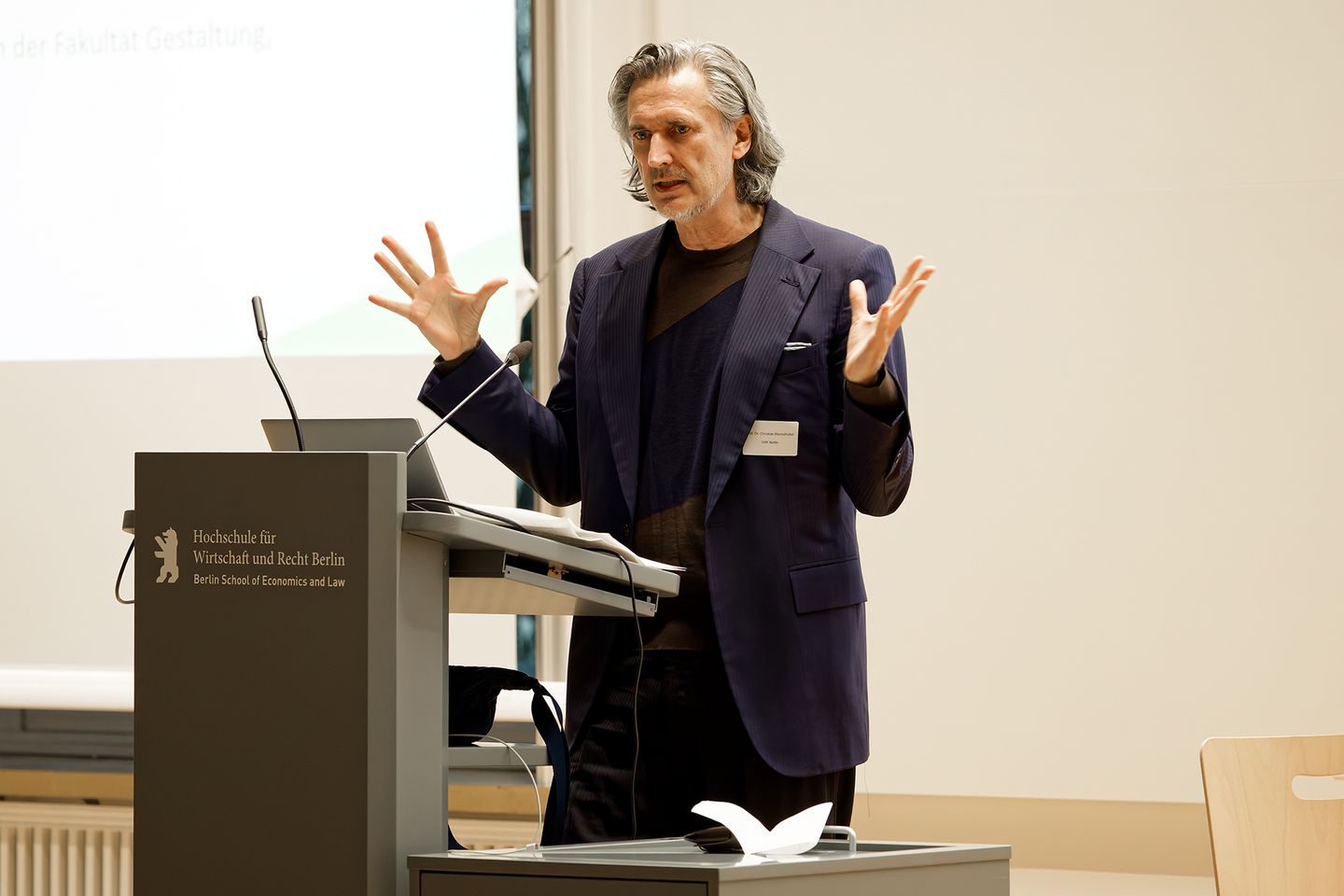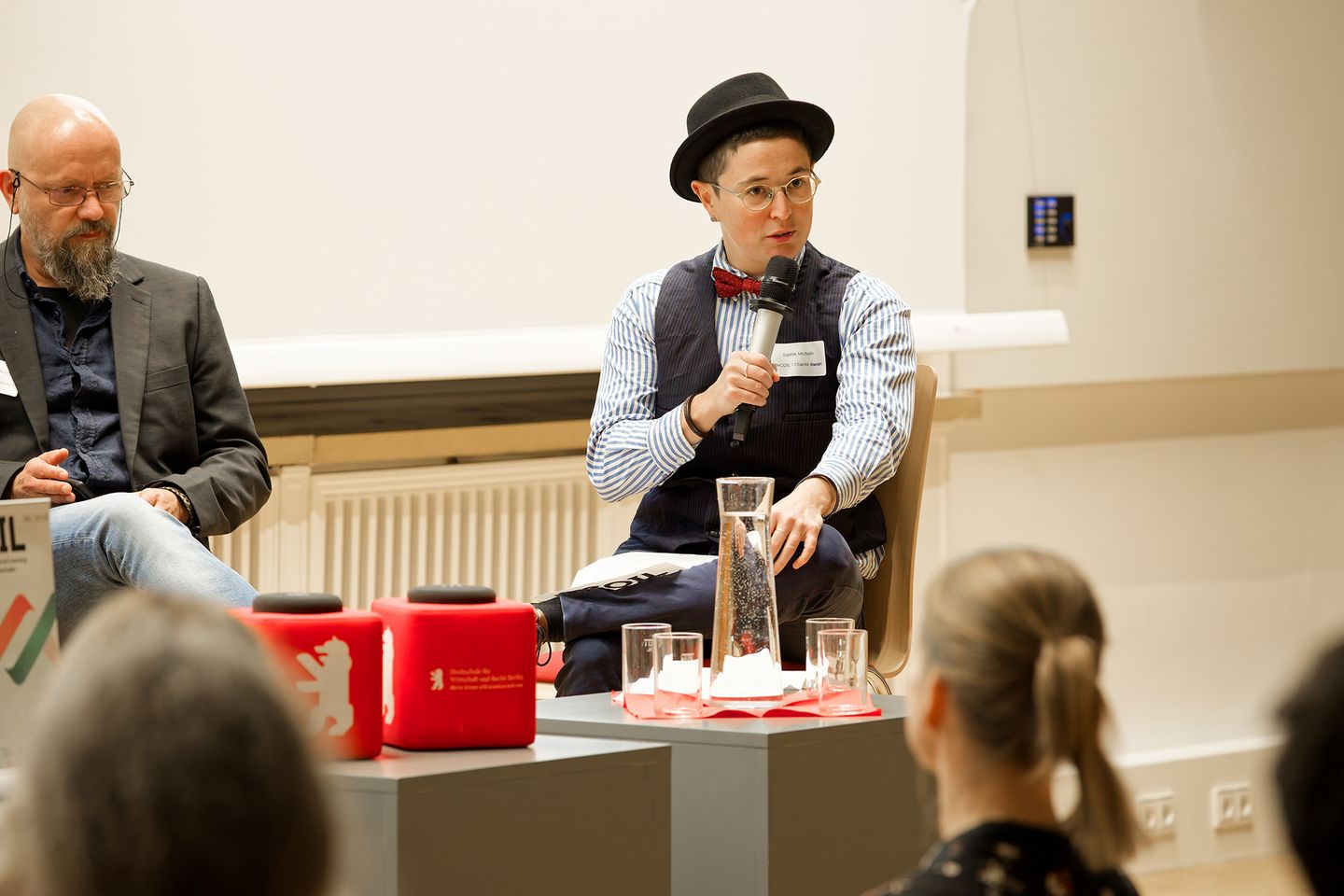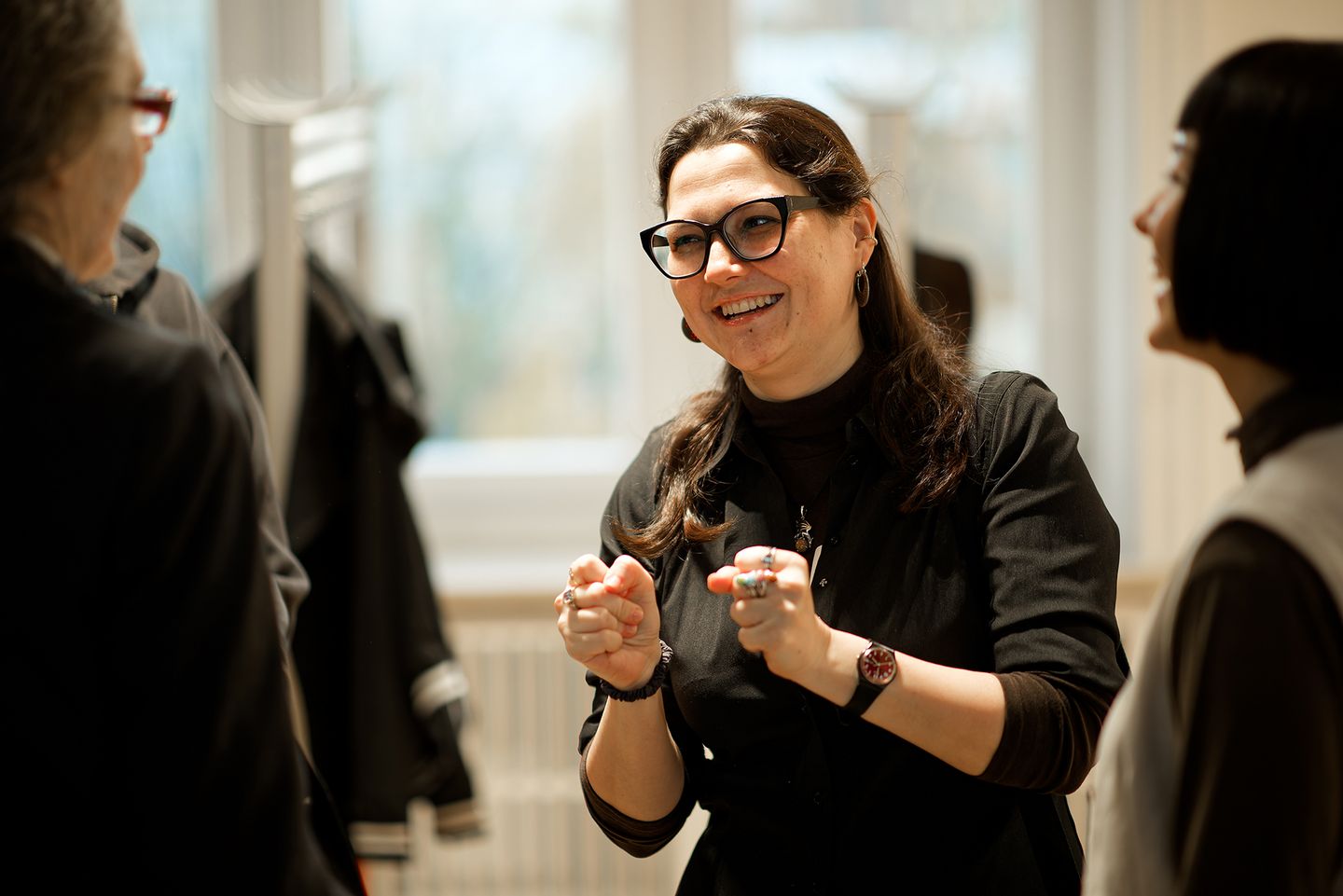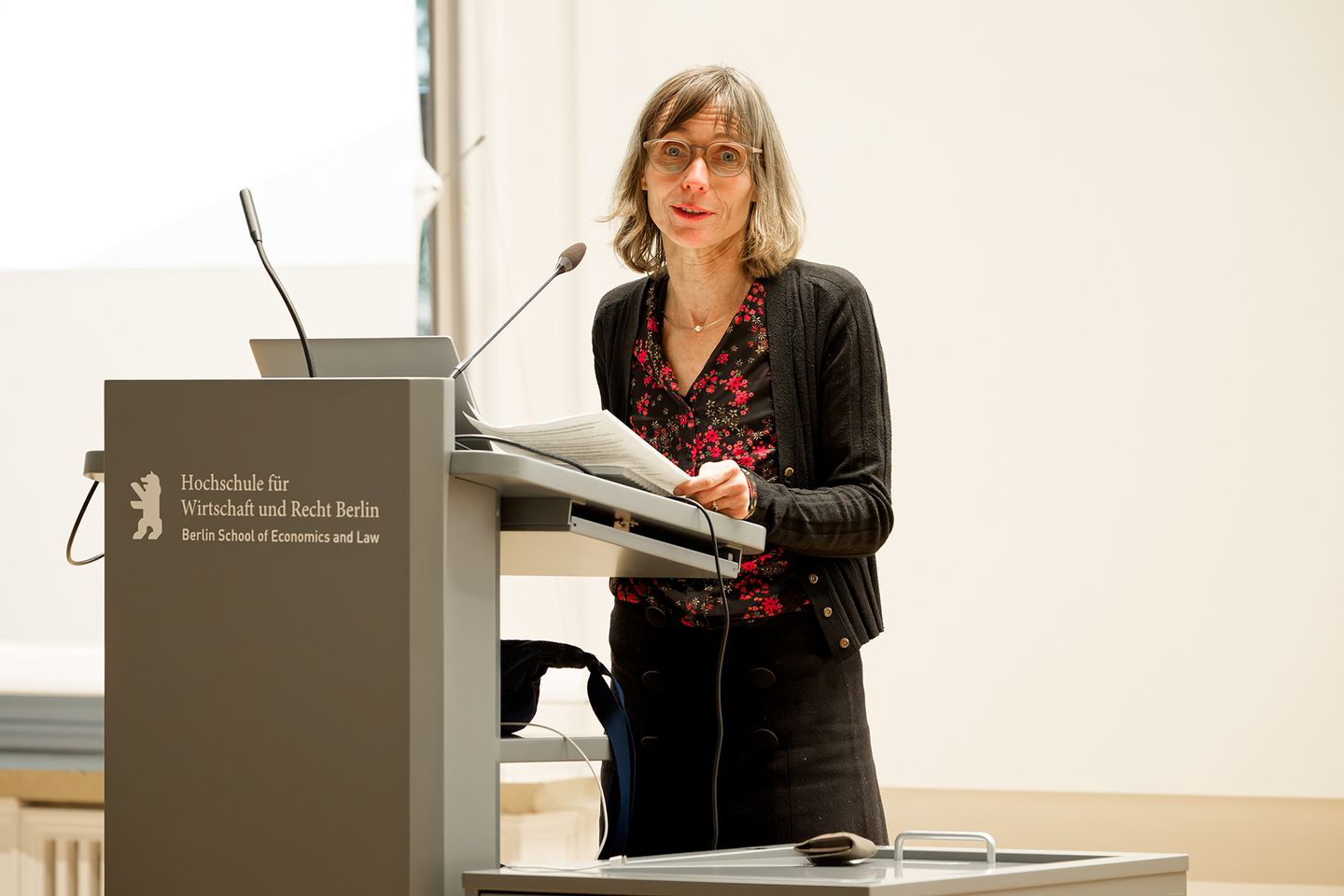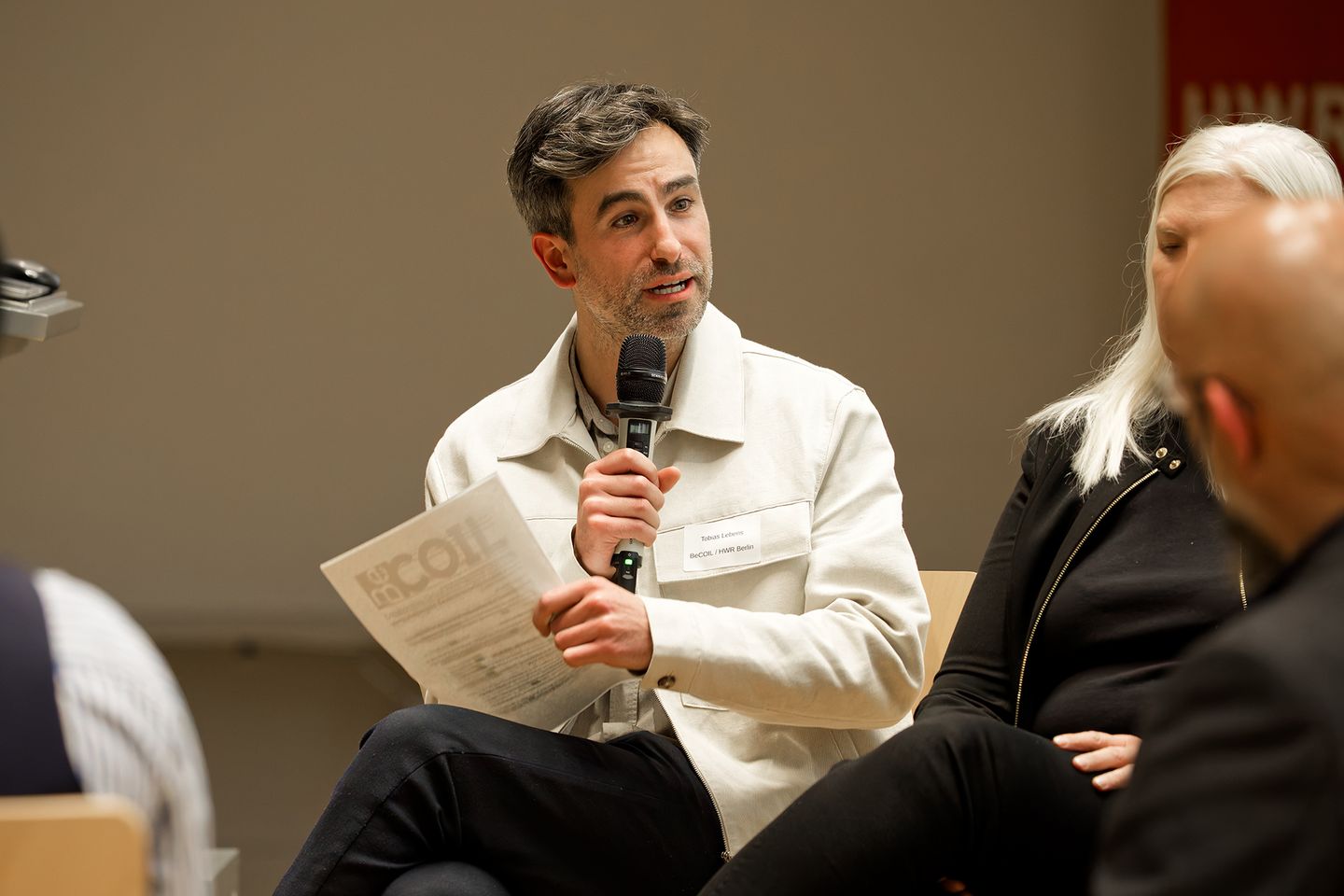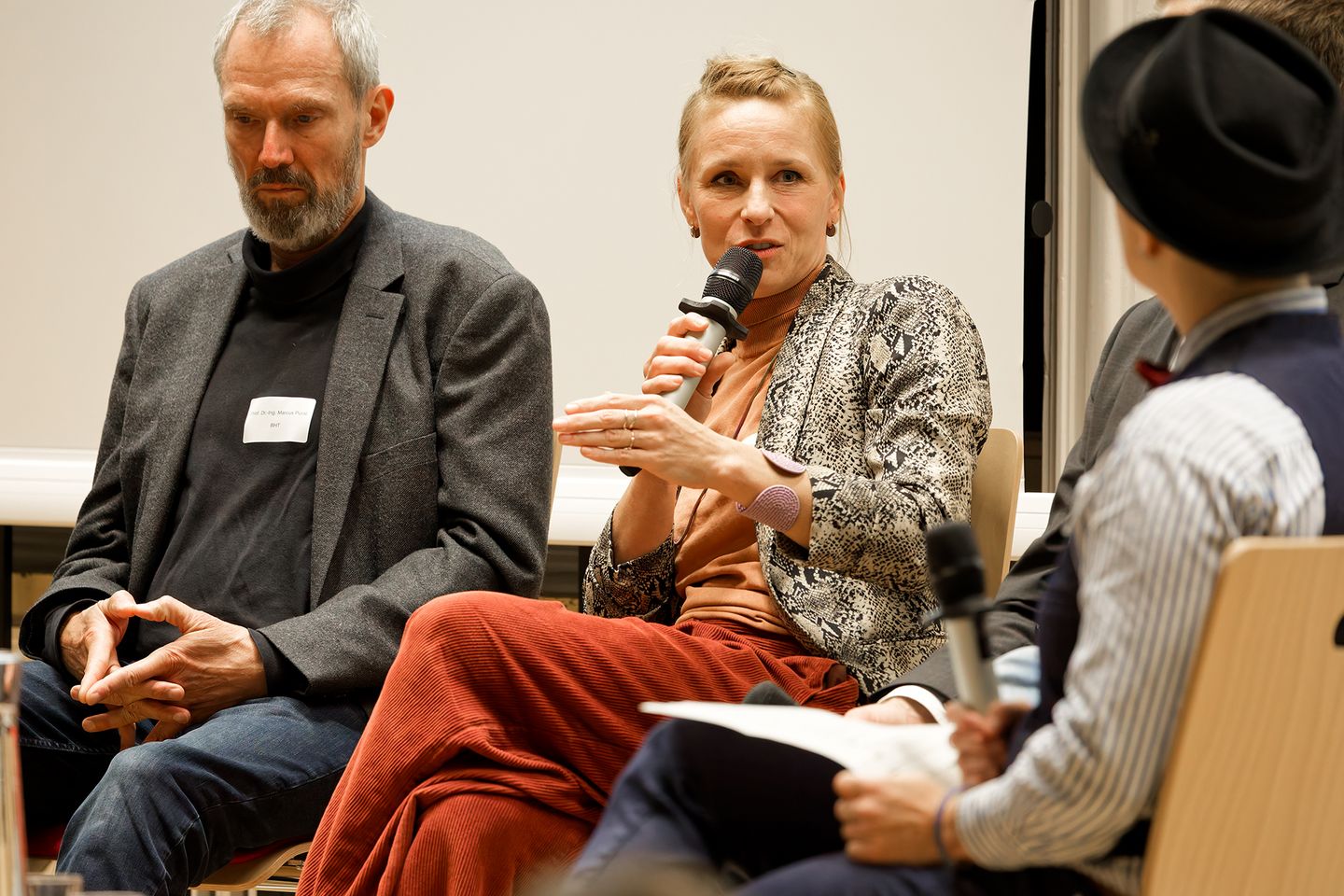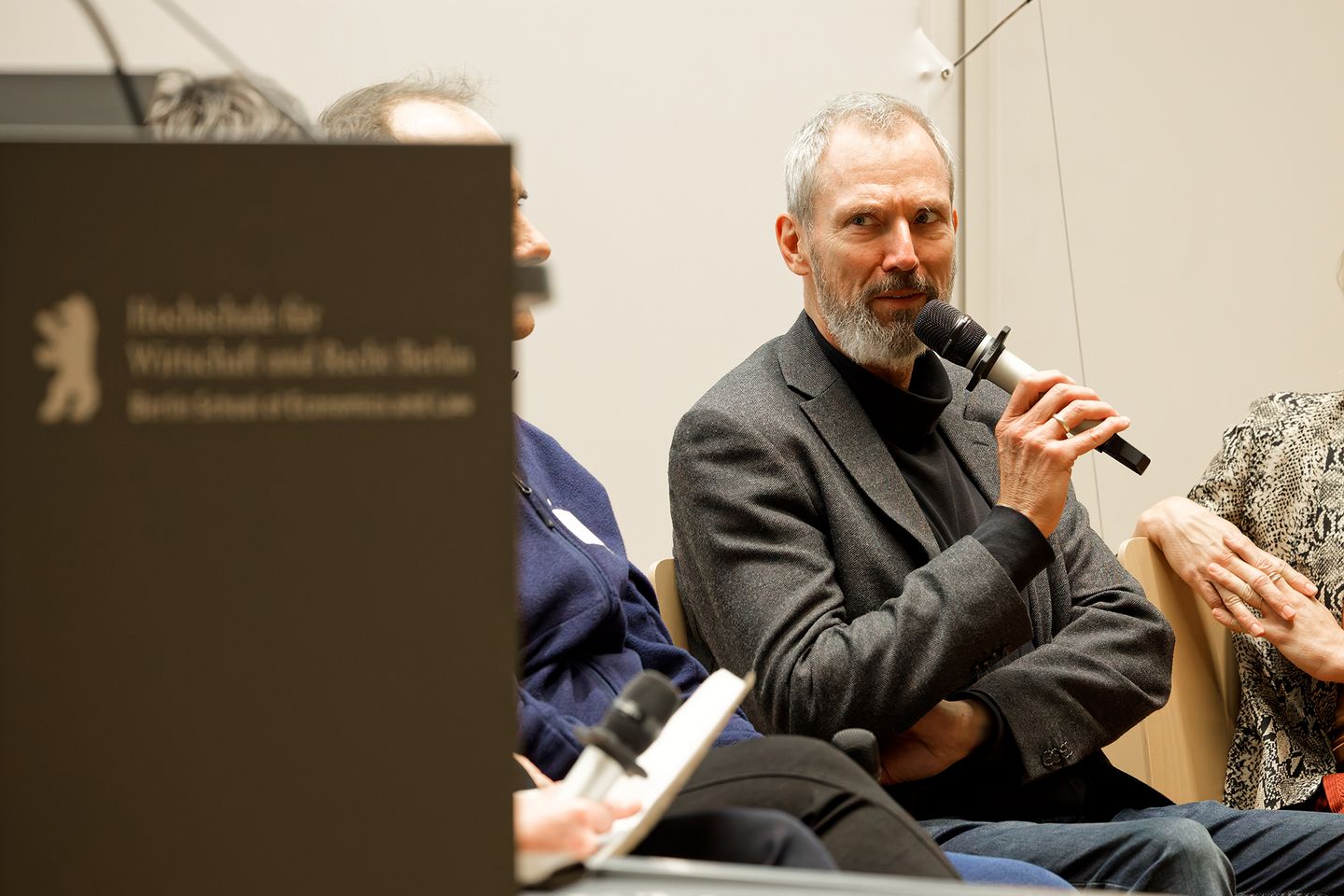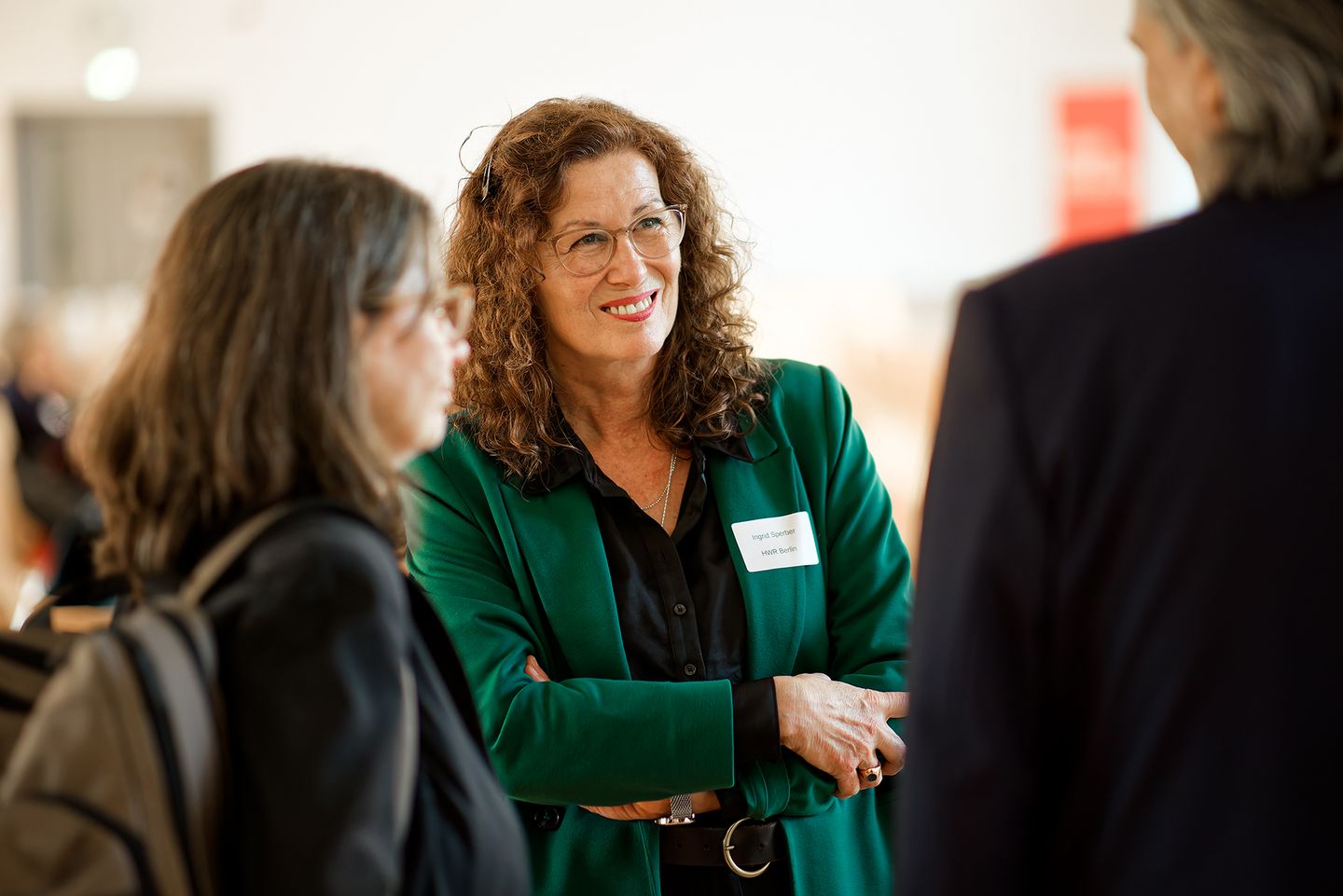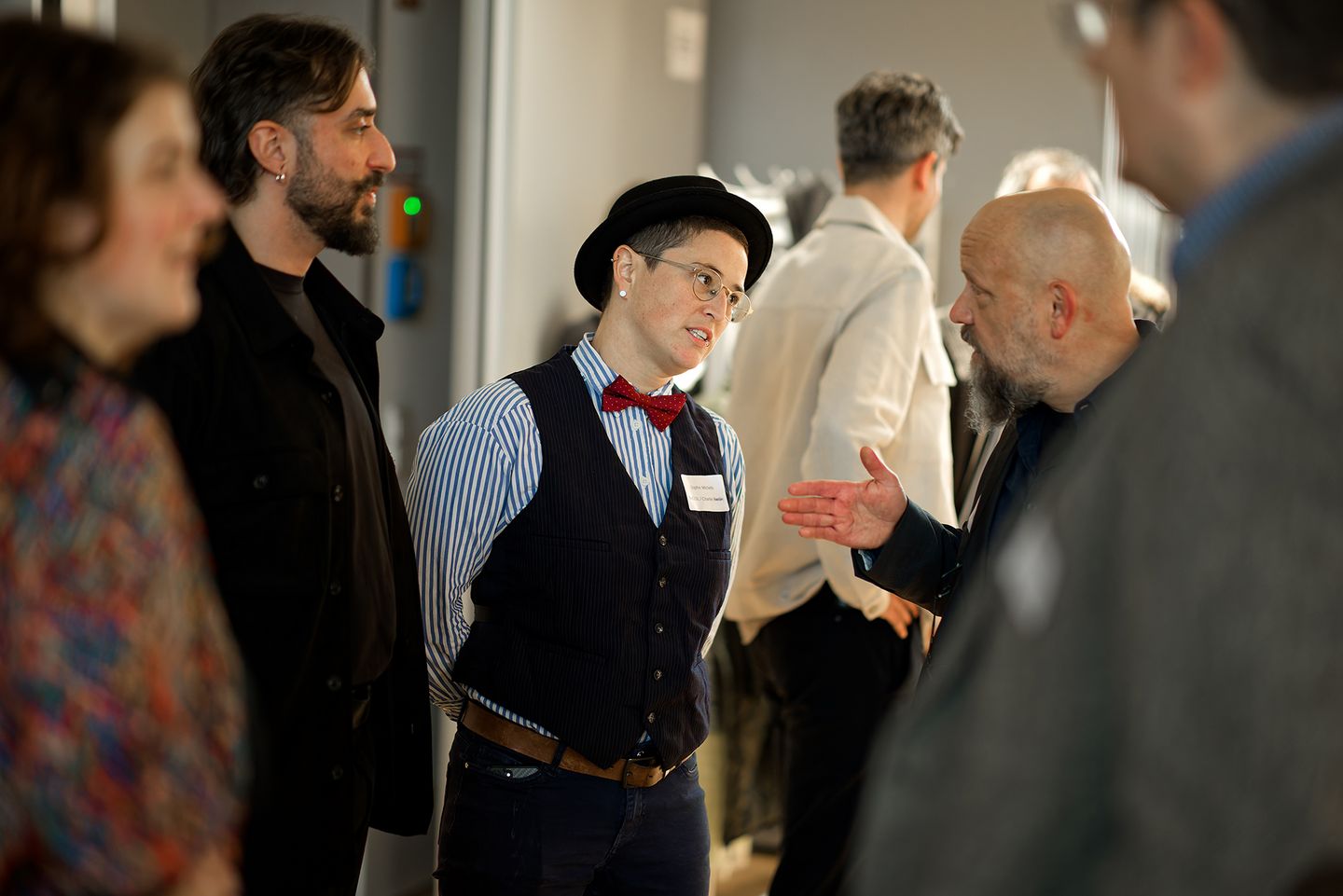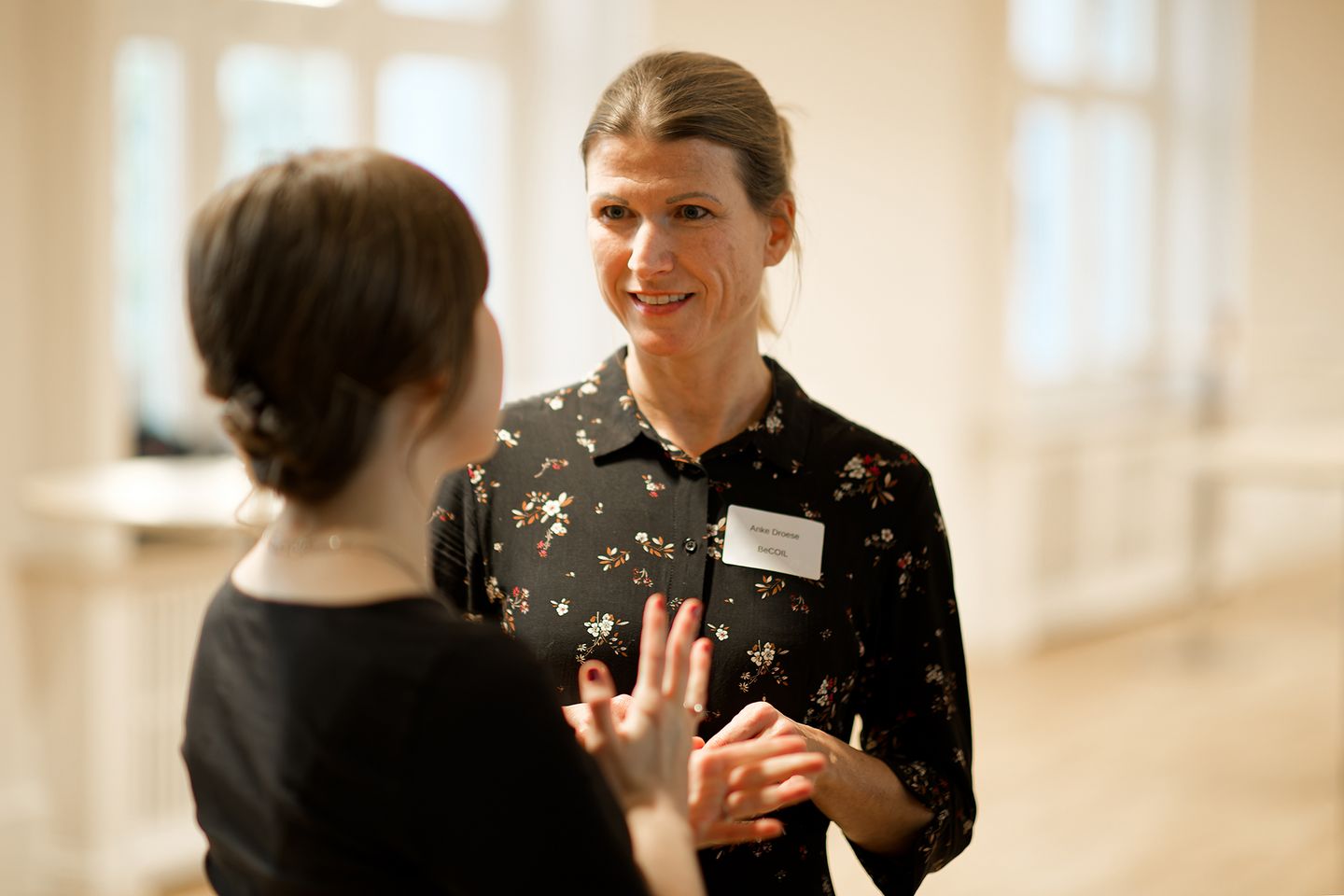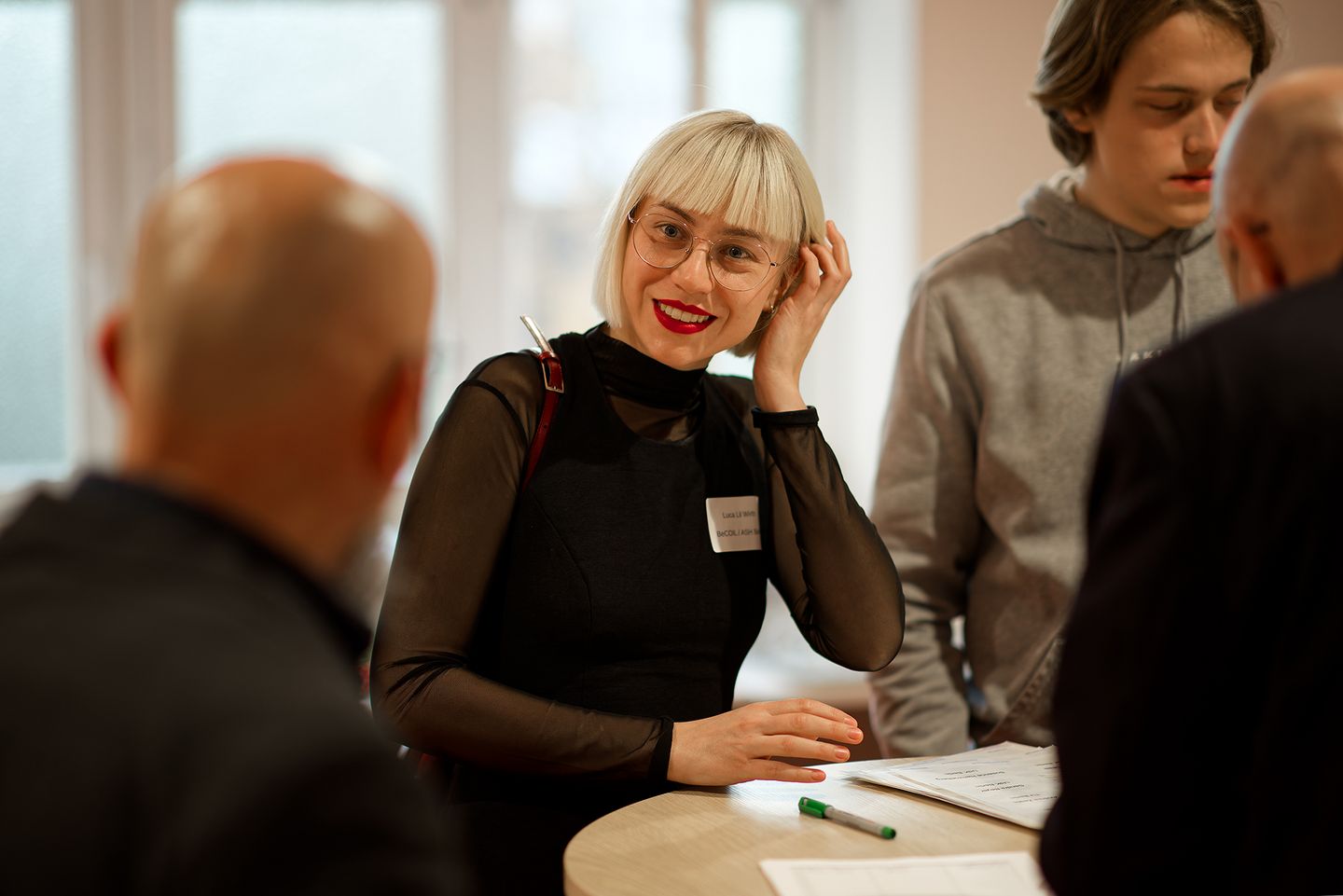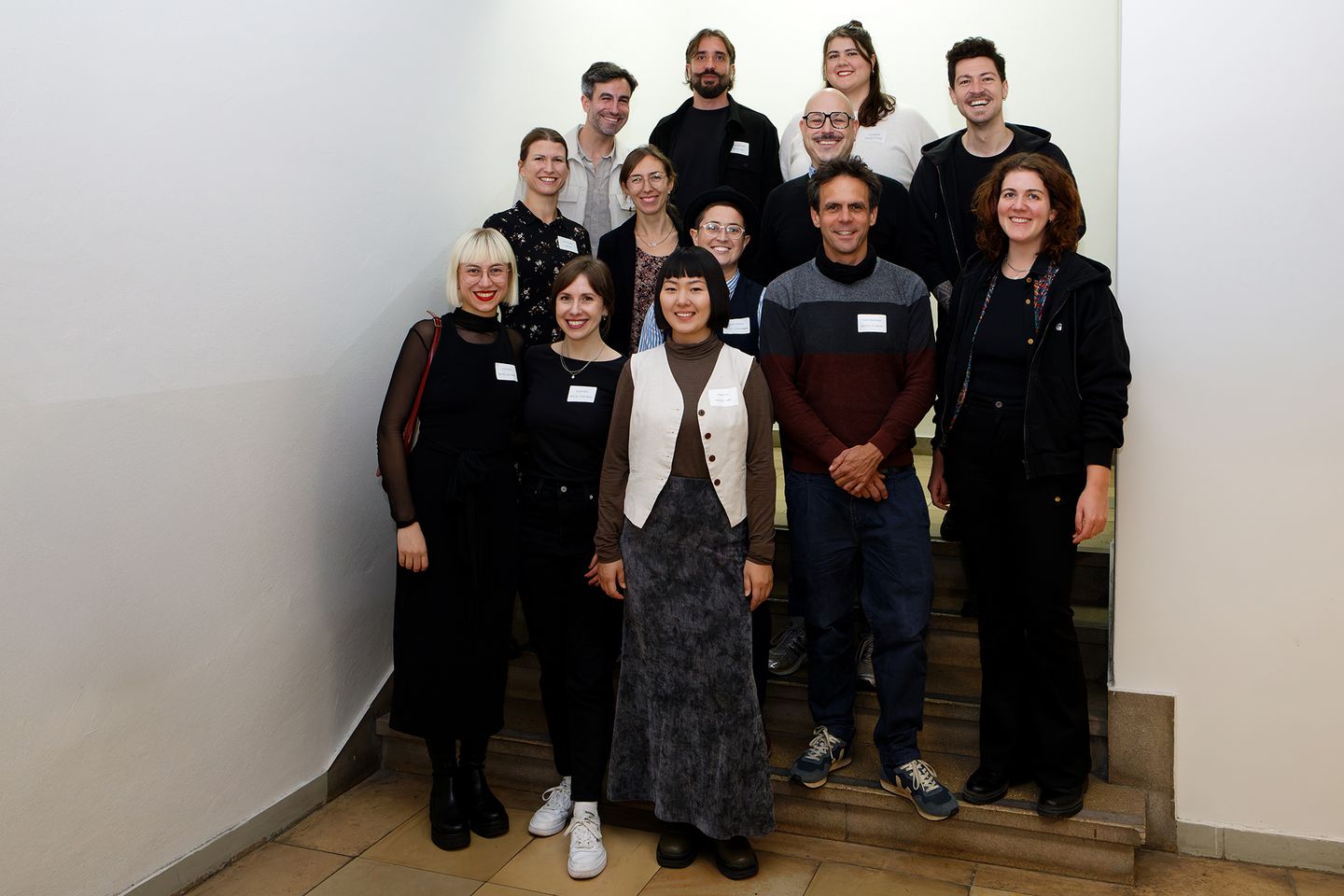Successful completion of the BeCOIL joint project
Three years of virtual collaboration for greater Internationalisation@Home: Nine Berlin universities have joined forces to expand virtual exchange formats and open up new pathways for cooperation.
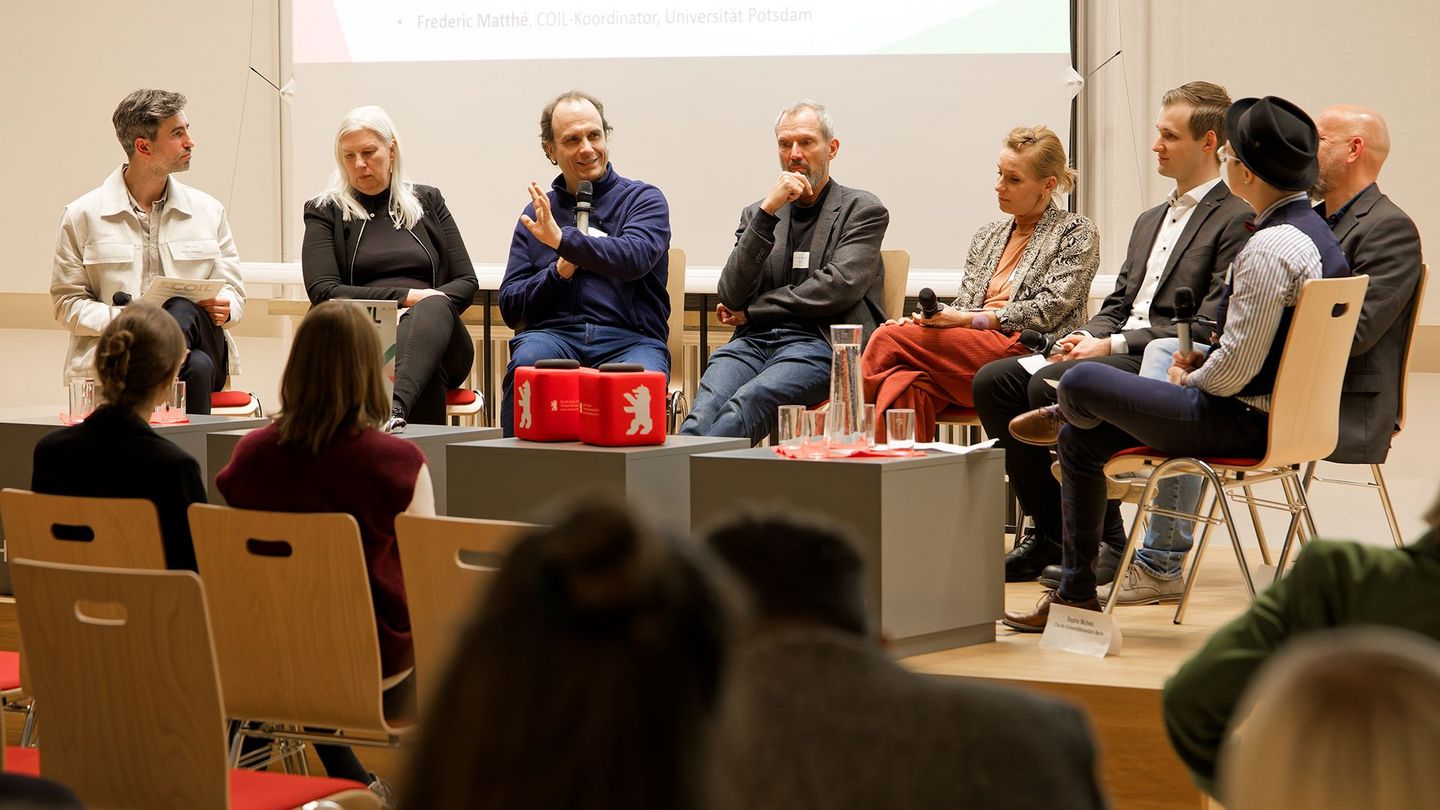
Virtual exchange formats, known as COILs (Collaborative Online International Learning), are a central component of the Internationalisation@Home strategies at Berlin universities. Since the project was launched in 2023, nine Berlin universities have been closely collaborating within the BeCOIL framework to strategically expand COIL activities and integrate them permanently in their curricula.
COIL as a driver of internationalisation
COIL coordinators were appointed at each participating university to advise and support lecturers in designing and implementing COILs. In addition, the BeCOIL team has developed online training courses, and digital learning materials — including a self-paced learning course, short teaching videos for lecturers, as well as a serious game for students. These resources are now available to anyone interested - they promote the sustainable integration of international online collaboration into higher education teaching.
The project was funded as part of the “Qualitäts- und Innovationsoffensive” of the Berliner Senatsverwaltung für Wissenschaft, Gesundheit und Pflege.
Review after three years
The results of the project impressively demonstrate the success of the collaborative approach:
- 240 COILs were carried out at the nine participating universities.
- More than 2,900 Berlin students took part in the virtual exchange projects.
- A total of 368 participants were trained on COIL topics in 18 online training courses.
Closing ceremony
More than 75 representatives from the nine Berlin partner universities, along with other universities in Berlin and Brandenburg, attended the closing ceremony.
The event focused on expressing gratitude to all the dedicated COIL lecturers and COIL coordinators. At the same time, it provided an opportunity for exchange, reflection and new ideas.
A particular highlight was the panel discussion “Forum COIL: Experiences and Perspectives”, in which six panelists shared their personal experiences with COIL and discussed its added value for both students and lecturers.
Prof. Dr. Sabine Baumann, Vice President of HWR Berlin, emphasised: “From a university strategy perspective, COIL is very important and recognised as an entry-level format for international exchange.” Frederic Matthé, COIL Coordinator at the University of Potsdam, added: “COIL is the perfect method to promote future skills.” Student representative Peter Schröder (HWR Berlin) highlighted: “With COIL, barriers that prevent student to do an study-abroad semester, disappear.” Finally, Prof. Dr.-Ing. Marcus Purat, Professor at BHT, shared his observations from his own COIL experience, noting that friendship can also be formed among students in a virtual space, regardless of geographical location.
The discussion clearly demonstrated that COIL projects can make international learning experiences accessible to all students while fostering the development of global networks and intercultural competencies.
